During the 30th Annual Community of Anti-Drug Coalitions of America (CADCA) Leadership Forum members of the Stokes Citizens coalition attended breakout sessions designed to increase our understanding and knowledge of a variety of substances and issues that affect Stokes County youth and adults.
The following links will take you to the notes/posts we took related to those breakout sessions. Please use the Contact Us form on our main page, or Facebook messenger, to get more information for topics that you are interested in.
- Collection of snapshots taken during breakout sessions.
- Put an end to ENDS (Electronic Nicotine Delivery System): youth vaping and how coalitions can fight back.
- Over-the-counter medication: the importance of secure storage of OTC medications in the home.
- Collaborating around vape prevention efforts through media and policy.

































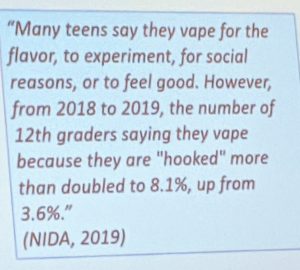 National data suggests that youth past 30-day use of nicotine delivered via vaping devices roughly doubled from 2017 to 2018. This session provided an overview of the strategies in which DFC grant recipients are engaging around vaping prevention, including collecting data on attitudes and use, engaging youth, and building capacity within the community to shed light on this new trend. During this session there an opportunity for participants to share ideas on how to address vaping in their local communities and to discuss emerging findings on the impacts of vaping on youth.
National data suggests that youth past 30-day use of nicotine delivered via vaping devices roughly doubled from 2017 to 2018. This session provided an overview of the strategies in which DFC grant recipients are engaging around vaping prevention, including collecting data on attitudes and use, engaging youth, and building capacity within the community to shed light on this new trend. During this session there an opportunity for participants to share ideas on how to address vaping in their local communities and to discuss emerging findings on the impacts of vaping on youth.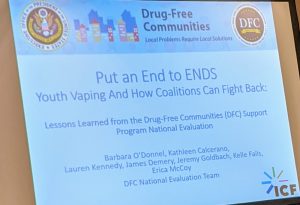
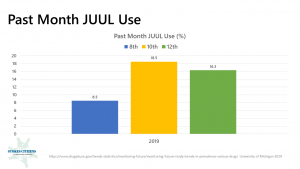
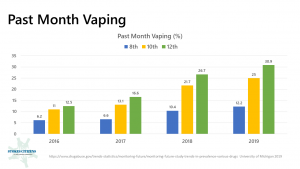
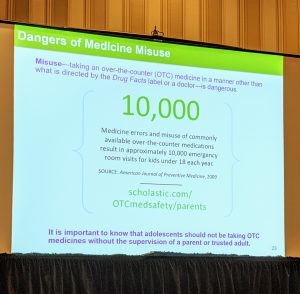
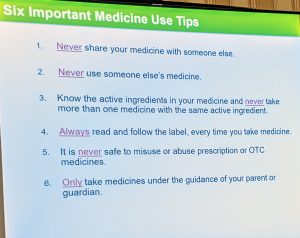
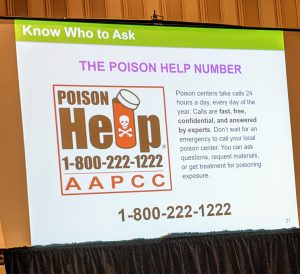
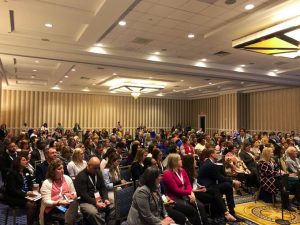
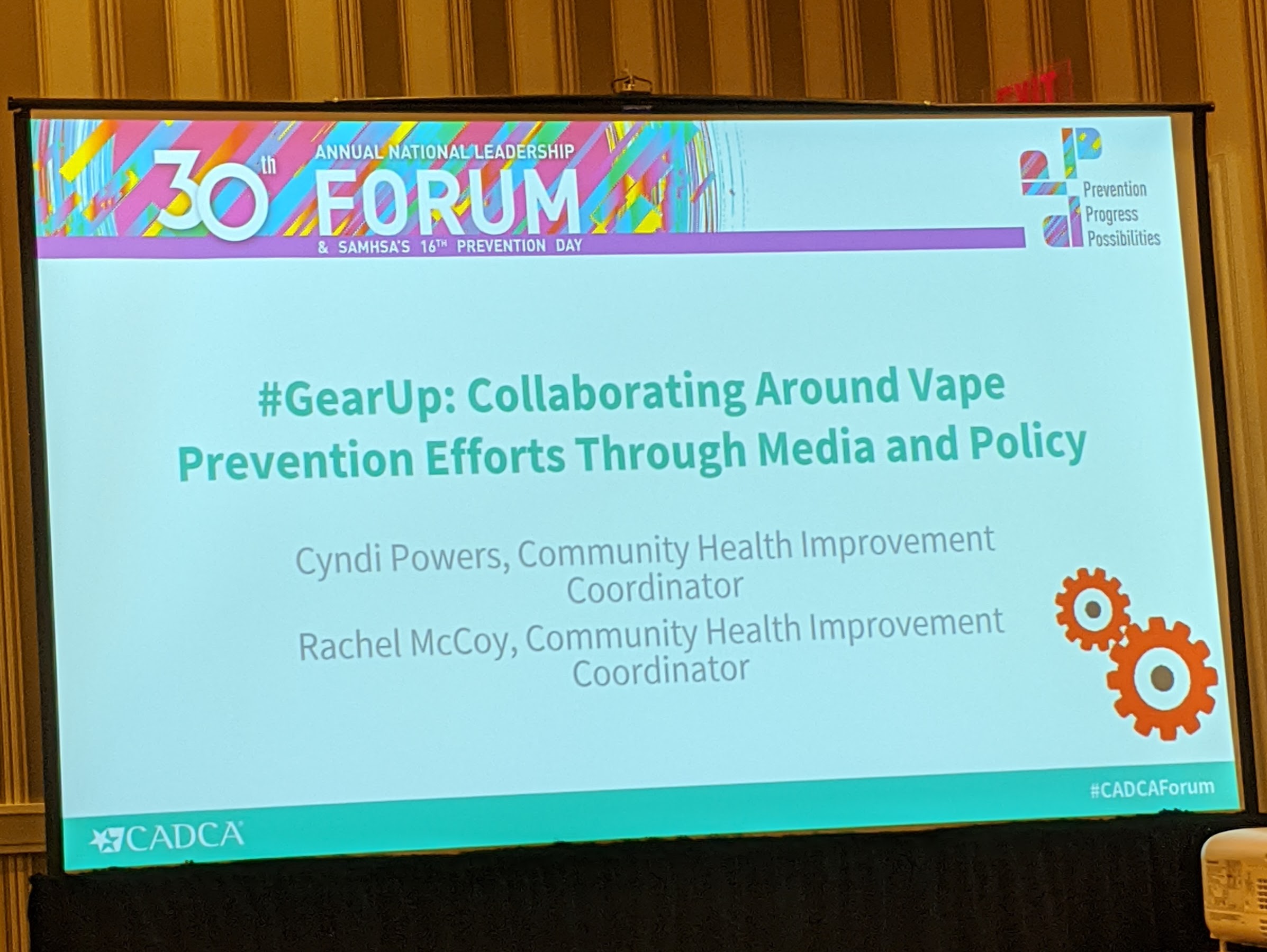
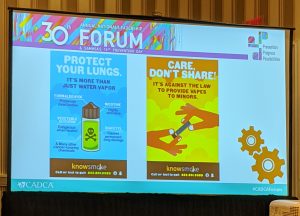
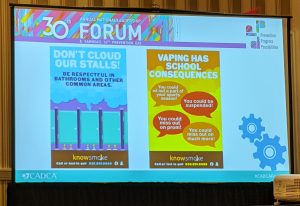
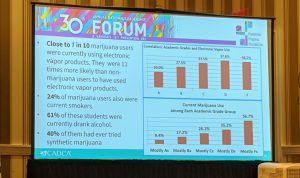
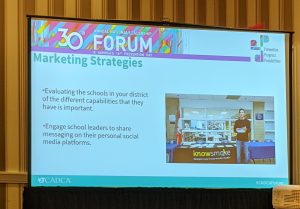
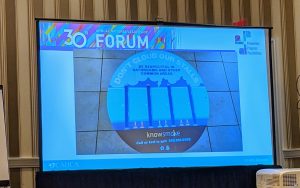



















 The report borrows from other anti-tobacco advocacy reports. North Carolina went from 42nd to 44th in terms of how much money it puts annually toward those programs, such as quit lines and public health marketing initiatives, according to the 21st annual “Broken promises to our children” report released in December.
The report borrows from other anti-tobacco advocacy reports. North Carolina went from 42nd to 44th in terms of how much money it puts annually toward those programs, such as quit lines and public health marketing initiatives, according to the 21st annual “Broken promises to our children” report released in December. Results from the 45th annual MTF survey, a nationally representative sample of eighth, 10th and 12th graders in hundreds of U.S. schools, were announced today by the director of the National Institute on Drug Abuse (NIDA), part of the National Institutes of Health, along with the University of Michigan scientist who leads the research team. The self-report survey is given annually to students who respond to questions about their drug use and attitudes.
Results from the 45th annual MTF survey, a nationally representative sample of eighth, 10th and 12th graders in hundreds of U.S. schools, were announced today by the director of the National Institute on Drug Abuse (NIDA), part of the National Institutes of Health, along with the University of Michigan scientist who leads the research team. The self-report survey is given annually to students who respond to questions about their drug use and attitudes.
